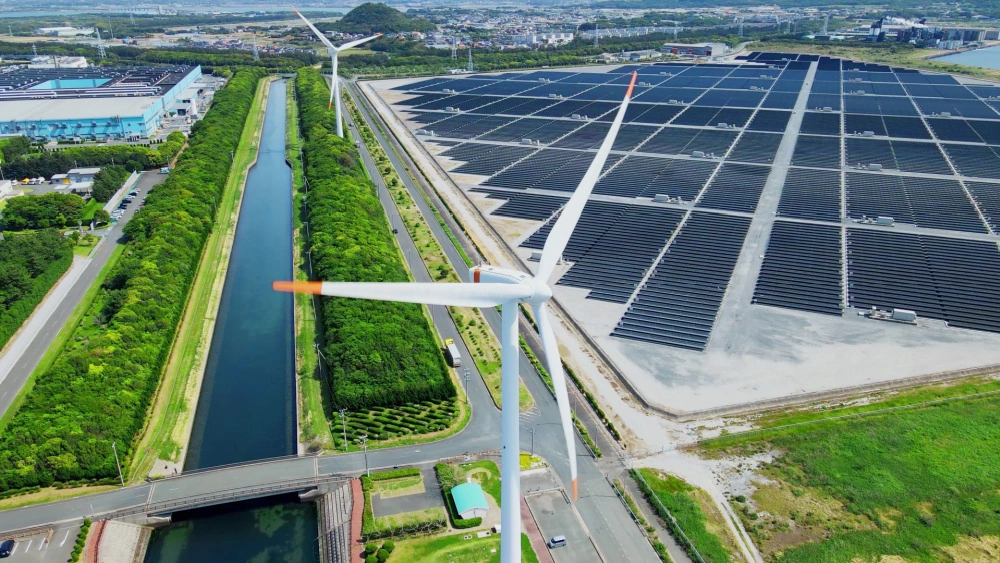
Major reforms to slash electricity costs for energy intensive UK businesses


The UK Government has unveiled a new Industrial Strategy, which includes a target to reduce electricity costs for over 7,000 businesses. The focus of the ten-year Industrial Strategy is broad, but one of the key principles is a drive to improve the position for British manufacturers who currently pay some of the highest electricity prices in the developed world, as well as facing significant delays when it comes to connecting to the grid when looking to expand or modernise.
The key takeaways from the Industrial Strategy in the energy space are the plans to:
- Reduce electricity costs by up to 25% (equivalent to £40 per MWh) starting in 2027.
- Introduce the 'British Industrial Competitiveness Scheme' which will exempt eligible firms from certain levies (such as: Renewables Obligation; Feed-in Tariffs; and the Capacity Market). Eligibility and further details on the exemptions will be determined following consultation, which will be launched shortly.
- Introduce the British Industry Supercharger which will increase discounts on electricity network charges for the most energy-intensive industries (such as steel, chemical and glass manufacturing) from 60% to 90% by 2026.
The changes brought in by the Industrial Strategy are designed to enhance the UK’s industrial competitiveness, attract inward investment, create up to 1.1 million jobs and support the transition to a low-carbon economy. The government claim that these changes will deliver on their Plan for Change by making "the UK the best country to invest in and grow a business".
The Industrial Strategy includes five "sector plans" for industries which the Government are focused on growing, with "Advanced Manufacturing" being the obvious beneficiary of the reformed and new energy incentives detailed above as well as supplementary policies such as £2.8 billion of research and development investment over the next five years. "Clean Energy" is itself also a key sector, showing that the UK Government remain committed to expanding the renewables sector. The Industrial Strategy includes a commitment to double investment in clean energy industries by 2035 with an additional £700 million investment in clean energy supply chains.
At Foot Anstey LLP, we are well-positioned to help clients navigate the legal and regulatory implications of these reforms. If your business is likely to be impacted by these changes, or if you are exploring opportunities to benefit from the new schemes, please get in touch with your usual Foot Anstey contact or our Energy team directly.











